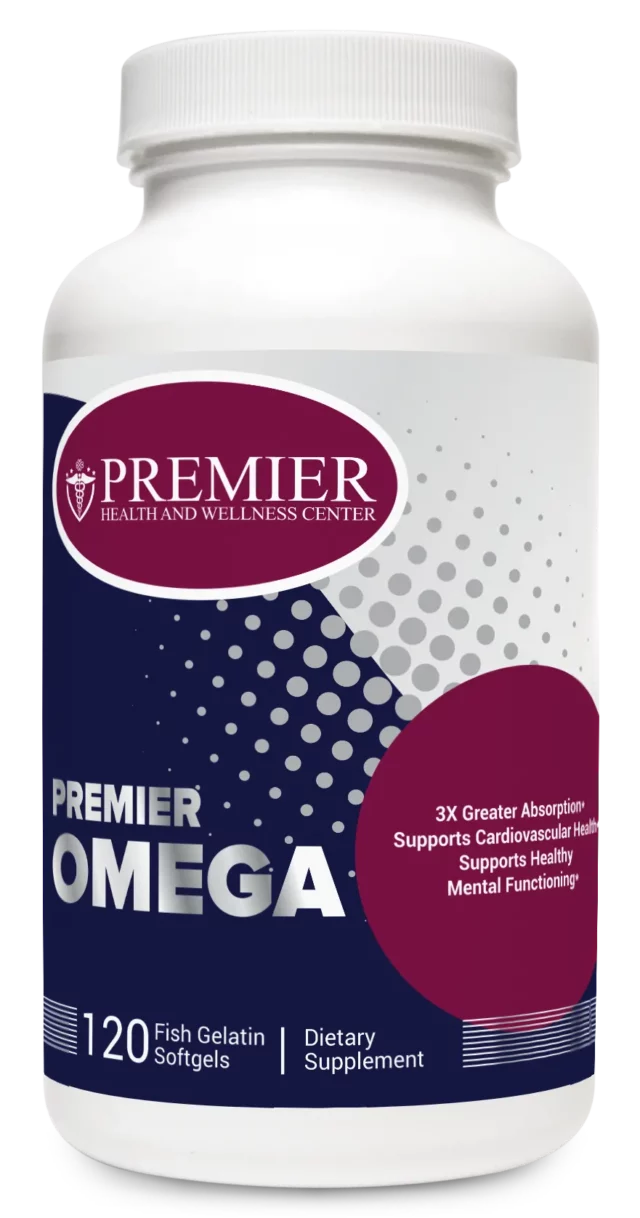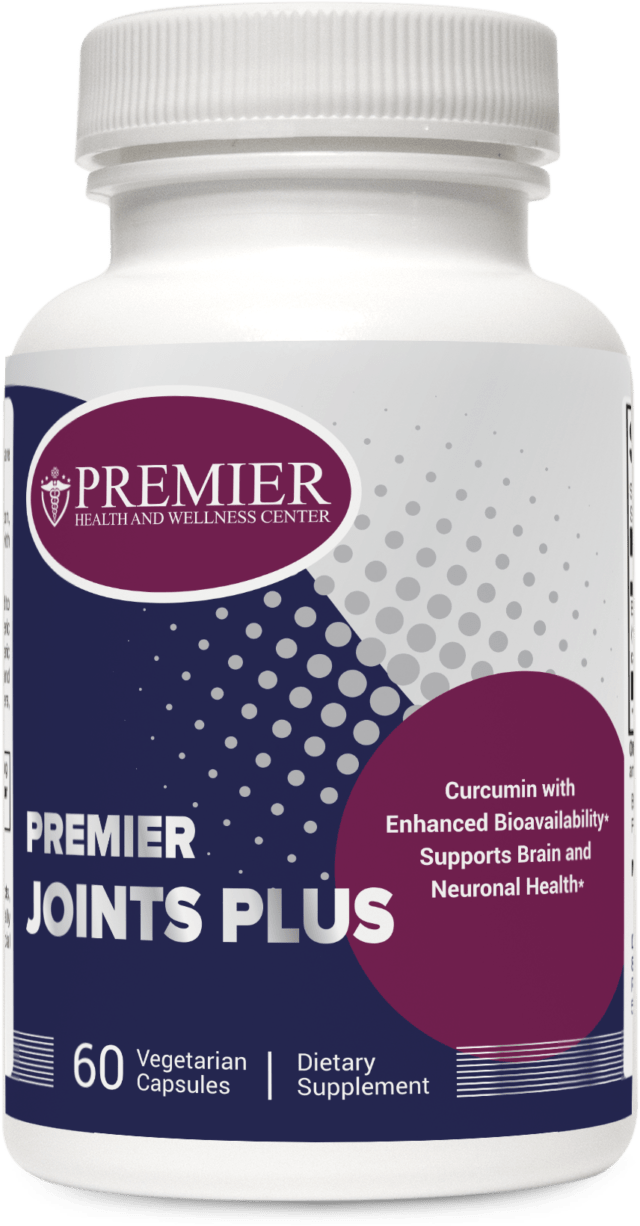
Ultra-processed foods have become a staple in many households due to convenience, long shelf life, aggressive marketing, and often lower costs. However, as people consume more highly-processed foods, concerns about their impact on overall health also rise.
This blog focuses on the link between highly processed foods and brain health and what foods and supplements can enhance neurological function. Prepare to rethink your next meal!
What Are Highly Processed Foods?
Highly processed or ultra-processed foods have undergone extensive refining and processing to enhance their appearance, taste, and shelf life. They often contain high levels of sugar, unhealthy fats, and sodium but are typically low in essential nutrients like vitamins, minerals, and dietary fiber.
This discrepancy is a significant concern since these types of food can contribute to overeating without offering the nutrients our bodies need.
Generally, ultra-processed foods contain several ingredients that are not common in home cooking. Such components include:
- Texturants
- Sweeteners
- Artificial preservatives
- Colorants and artificial flavors
While the list of processed foods is extensive, some examples include:
- Instant noodles
- Microwaveable meals
- Processed meats like sausages, hot dogs, and bacon
- Packaged snacks, including chips, cookies, and candy bars
- Sugary beverages such as sodas and commercially available fruit drinks
Ultra-Processed Foods Harm Brain Health
Processed foods and brain health are connected mainly because of the gut-brain axis. The gut-brain axis affects how our brains respond to the foods we eat. Our gut is home to trillions of bacteria forming the gut microbiome. Consuming processed foods can negatively impact the balance of these gut bacteria, leading to several health implications in the brain. Specifically, it can result in:
1. Cognitive Decline
The lack of essential nutrients in highly-processed foods deprives the brain of the necessary building blocks for repair and growth. It can slow down brain functions and even accelerate degeneration. These foods also trigger inflammatory processes and insulin resistance, causing decreased blood flow and oxidative stress in the brain. Over time, these dietary patterns can hasten the onset of age-related cognitive issues like memory loss, reduced attention span, and difficulties in problem-solving.
2. Higher Risk for Mood Disorders
Regular intake of ultra-processed foods leads to imbalances in the body’s hormonal and inflammatory responses. These imbalances can affect the brain’s neurotransmitter functions, resulting in mood disturbances like anxiety and depression.
The high amounts of sugar also cause blood sugar spikes followed by rapid drops, leading to mood swings. Moreover, the absence of vital nutrients from whole foods can deprive the brain of essential building blocks to maintain optimal function, further exacerbating mood disorders.
3. Neurological Disorders
There’s a growing body of evidence suggesting that ultra-processed foods can increase the risk for neurodegenerative conditions like Alzheimer’s and Parkinson’s disease. The additives, excessive sugar, and saturated fat contribute to dementia by exacerbating inflammation and oxidative stress.
Furthermore, regular consumption of these foods causes metabolic conditions like diabetes and obesity. Both conditions are risk factors for dementia.
4. Addiction-Like Responses
Certain ingredients in highly-processed foods, like high levels of refined carbohydrates, sugar, and unhealthy fats, can stimulate the brain’s reward system, leading to overeating and food addiction. It can desensitize the reward system in the long run, requiring more of the substance (in this case, processed foods) to achieve the same level of pleasure.
5. Disruption of Circadian Rhythms
High intake of processed foods, especially close to bedtime, can disrupt sleep patterns. Getting enough sleep is crucial for consolidating memories, cognitive function, and overall brain health. Any disturbance in sleep patterns can have cascading effects on the brain.
Foods for Better Brain Health
While neurological disorders arise from a complex interplay of factors, diet plays a crucial role. Among various dietary approaches, a plant-based diet and the MIND Diet (Mediterranean-DASH Diet Intervention for Neurodegenerative Delay) greatly benefit our brains.
A plant-based diet focuses on eating vegetables, fruits, grains, and nuts, while intentionally reducing or eliminating meat, dairy, and eggs. On the contrary, the MIND Diet suggests specific nutrition for brain health improvement, particularly:
| Green Leafy Vegetables | At least 6 servings a week |
| Other Vegetables | At least 1 serving daily |
| Berries | At least 2 servings a week |
| Nuts | About 5 servings a week |
| Olive Oil | Primary cooking oil |
| Whole Grains | At least 3 servings daily |
| Fish
(salmon, mackerel, and sardines) |
At least 1 serving a week |
| Poultry | At least 2 servings a week |
| Beans | At least 4 servings a week |
| Red Wine | 1 glass daily (if consuming alcohol) |
Best Brain-Boosting Supplements
Besides eating well and staying active, supplements can also help improve brain function. Here are the top brain supplements we offer at Premier Health and Wellness Center:
1. Omega-3 Fatty Acids
Predominantly found in fatty fish like salmon, mackerel, and sardines, omega-3 fatty acids are vital for optimal brain health. They are integral to maintaining and forming cell membranes throughout the body, including neurons in the brain.
The two primary forms of omega-3s, EPA and DHA, support memory and learning abilities. Regular intake of omega-3 can aid in preventing cognitive decline, reducing inflammation, and potentially lowering the risk of Alzheimer’s disease.

Buy the Best Brain-Boosting Omega-3 Supplement
2. Resveratrol
Resveratrol, a natural compound in red wine, grapes, berries, and certain nuts, possesses antioxidant properties that combat oxidative stress, a potential cause of cognitive decline. Research suggests that resveratrol may prevent the degradation of the hippocampus, a vital brain region linked to memory.

Buy the Best Brain-Boosting Antioxidant Supplement
3. Curcumin
Turmeric’s primary active ingredient, curcumin, has powerful anti-inflammatory and antioxidant properties that alleviate symptoms of depression and other mood disorders. Since it can pass through the blood-brain barrier, it has a direct positive effect on the brain. Studies also show that curcumin might help clear amyloid plaques, a precursor to Alzheimer’s disease.

Buy the Best Brain-Boosting Turmeric Supplement
4. Vitamin D
Deficiency in vitamin D is linked to a higher risk of chronic diseases and neurodegenerative conditions. Maintaining adequate levels can support cognitive function, mood regulation and protect against mental decline.

Buy the Best Brain-Boosting Vitamin D Supplement
5. Magnesium
Magnesium supports brain plasticity, crucial for learning, memory, and overall cognitive function. It’s also vital for transmitting nerve impulses and regulating neurotransmitter activities, ensuring the smooth and efficient functioning of our brain processes. Moreover, magnesium deficiency has a link to neurological disorders like migraines, depression, and even epilepsy.

Buy the Best Brain-Boosting Magnesium Supplement
Achieve Optimal Mental Health & Brain Function!
The link between highly-processed foods and brain health is undeniable. A diet high in ultra-processed foods can harm memory, mood, and cognitive function, while a nutrient-rich diet can support optimal brain health.
It’s high time we reevaluate our relationship with food. By opting for balanced nutrition and limiting processed food, we’re not just feeding our bodies but nourishing our minds too.
Central to our approach at Premier Health and Wellness Center is emphasizing good nutrition. From our diabetes reversal programs to weight loss strategies and nutritional therapy, we educate and empower our patients to make dietary choices that are good for their overall health!
Schedule a consultation online or call 441-292-5111 to learn more about our services.
Disclaimer: The information provided on this blog is intended for educational and informational purposes only. It is not a substitute for professional medical advice, diagnosis, or treatment. Each individual’s health condition and medical history can vary, and it is essential to seek personalized advice before implementing any changes to your lifestyle or treatment plan.
